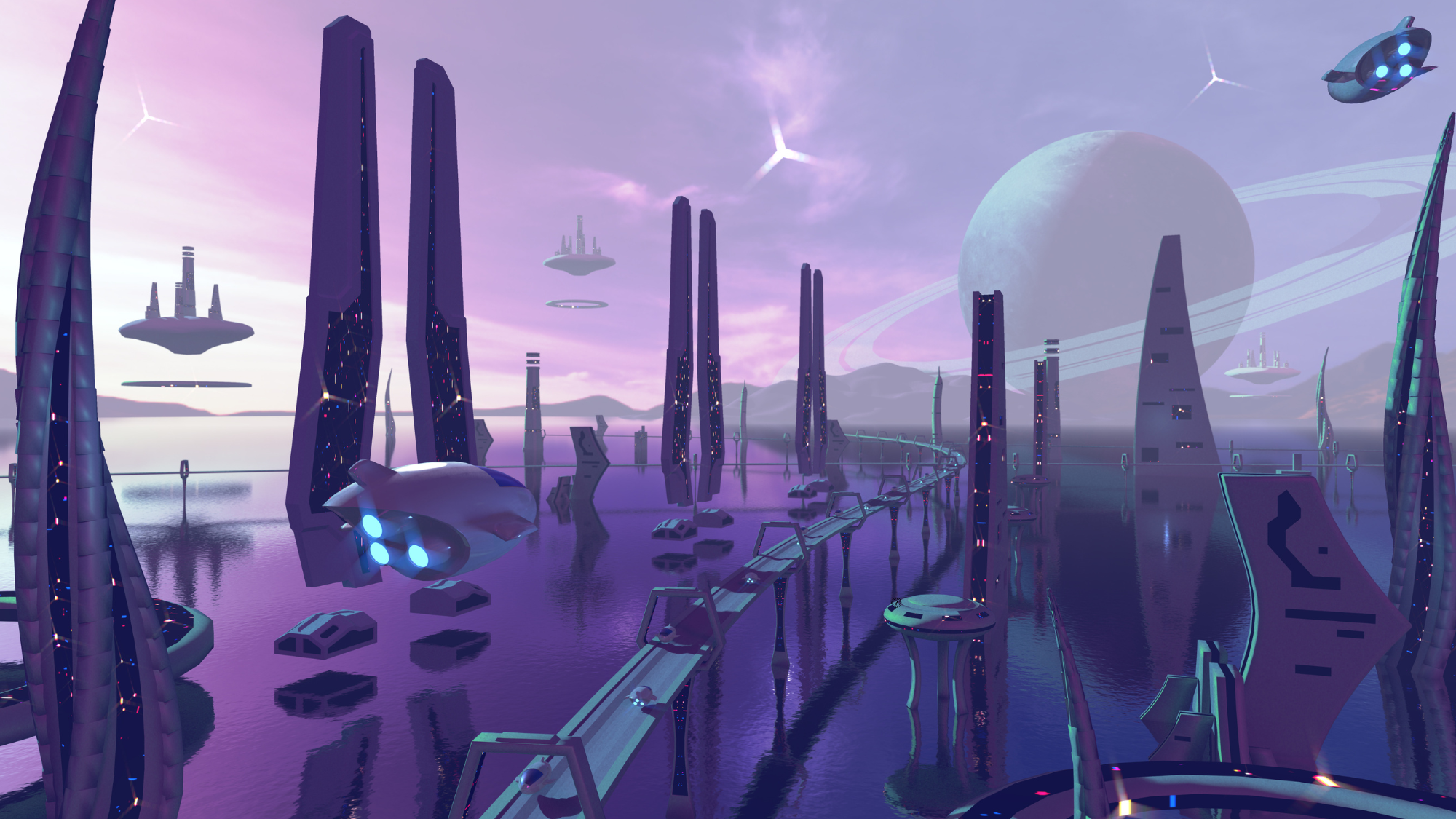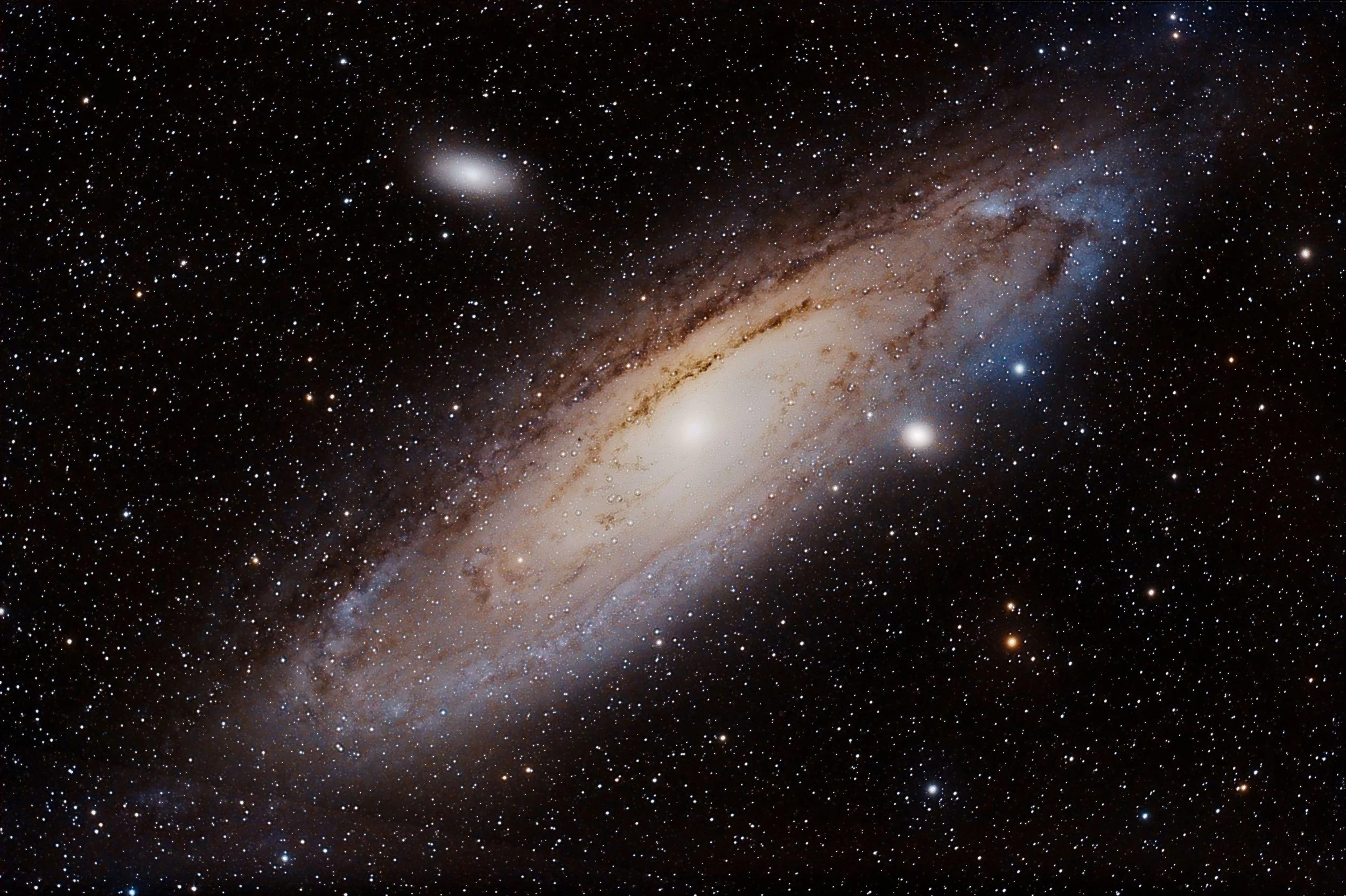The Ultimate Guide to Plotting Your Sci-Fi Novel (2025 Edition)
This post may contain affiliate links. If you make a purchase through these links, I may earn a small commission at no additional cost to you
Welcome: Science Fiction Plots—More Than Just Spaceships
Science fiction is one of the most imaginative and flexible genres available. You can set your story on a distant planet, inside a sentient AI, or in a parallel universe that mirrors our own. But beneath all the lasers, gadgets, and strange worlds, sci-fi stories need a strong plot just like any other genre. That’s what keeps your readers turning the pages.
I’m Brandon Rohrbaugh—author, content writer, and lifelong sci-fi fan. Over the years, I’ve worked with dozens of writers, helping them turn wild ideas into tightly plotted novels that hook readers from the start. In this guide, I’ll share the step-by-step plotting strategies I’ve seen work best, along with plenty of examples, practical tips, and a free worksheet you can use for your own story.
What Makes a Sci-Fi Plot Unique?
At its heart, science fiction is the literature of "what if?" It asks bold questions—what if time travel were possible, what if AI could feel love, what if a new technology changed society forever? But strong sci-fi isn’t just about the tech or the worldbuilding—it’s about how those “what ifs” create unique pressures for your characters and force them to make tough choices.
Unlike some genres, sci-fi plots often weave together:
Cutting-edge ideas or speculative science (real or imagined)
Social or philosophical questions about humanity’s future
Layered conflicts between the personal and the cosmic
This means your plot should do more than just “show off” cool inventions. It should explore how technology, society, or the universe itself changes the rules for your characters—and what that means for the story’s stakes.
For more on the core themes and types of sci-fi, see this breakdown from Writer’s Digest.
Start With the Core Concept
Every memorable sci-fi novel starts with a powerful concept, a hook that grabs readers and sets your story apart. Ask yourself:
What’s the “big idea” at the heart of my novel?
Is it a technology, a discovery, a new world, or a change in society?
How does this idea directly impact my protagonist’s life?
Example:
In The Martian by Andy Weir, the big idea is simple: "What if an astronaut were stranded on Mars?" Everything in the plot—survival, problem-solving, hope—grows from that concept. In Neuromancer by William Gibson, it marks the birth of cyberspace and AI consciousness.
Spend time developing your concept until you can sum it up in one or two sentences. This will serve as your north star while plotting.
Choose the Right Story Structure
While sci-fi plots can be wildly inventive, the backbone of your story often follows one of the classic structures:
Three-Act Structure: Beginning (setup), middle (confrontation), end (resolution). Simple but effective for most novels.
The Hero’s Journey: A protagonist leaves their ordinary world, faces trials, and returns transformed. Great for quest or adventure stories.
Save the Cat: 15 distinct “beats” or moments, helping you pace and escalate your plot scene by scene.
Choose a structure that fits your concept and feels natural for the scale of your story. Space operas often benefit from epic, multi-act frameworks, while near-future thrillers might work best with a tight, high-tension structure.
Tip: If you get stuck, outline your story with major turning points—inciting incident, midpoint twist, dark moment, climax, resolution—and then fill in the gaps.
Photo by Luis Felipe Alburquerque Briganti: https://www.pexels.com/photo/galaxy-wallpaper-5191961/
Worldbuilding That Serves Your Plot
In sci-fi, worldbuilding isn’t just window dressing—it’s part of the engine that drives your story. Every detail should either raise the stakes, create obstacles, or offer new opportunities for your characters.
What are the rules of your world? How does technology shape daily life? What can or can’t people do?
How does the setting create unique dangers or dilemmas? A planet with no oxygen, a city ruled by algorithms, a universe where memories can be traded.
How does your world challenge your protagonist? The best sci-fi plots put ordinary people in extraordinary situations, forcing them to adapt.
Example:
In Dune, the harsh desert world of Arrakis shapes every aspect of the plot, from power struggles to personal survival. The unique dangers and resources of the world create non-stop conflict.
Pro Tip: Only reveal what the reader needs to understand the stakes. Let your characters discover the world as the story unfolds.
Character Goals, Stakes, and Conflict
No matter how high-concept your idea, your plot will fall flat without relatable character goals and stakes. At the heart of every great sci-fi novel is a protagonist who desperately wants something and faces mounting obstacles to get it.
Goal: What does your main character want most? Is it survival, love, freedom, or knowledge?
Stakes: What happens if they fail? Will they die, lose someone, change the future, or doom humanity?
Conflict: Who or what stands in their way? (Rival scientists, AI overlords, moral dilemmas, inner fears.)
Example:
In Ender’s Game, Ender’s initial goals are survival and acceptance. But as the stakes escalate, his choices determine the fate of an entire species.
Make your protagonist’s journey both emotional and intellectual. Readers will care about the fate of a planet or civilization if they first care about the character.
Classic Sci-Fi Story Beats
Here are some common beats and moments that appear in many beloved science fiction novels. Use them as a checklist or inspiration for your own plot:
Inciting Incident: A discovery or crisis changes everything (alien arrival, scientific breakthrough, catastrophic event).
Entry Into the Unknown: The protagonist is thrust into a new world, society, or reality.
Rising Tension: Technology goes wrong, alliances shift, dangers mount.
Revelation or Twist: A secret is uncovered that changes the protagonist’s understanding of the world (or themselves).
Moral Dilemma: Choices have consequences—sometimes for all of humanity.
Climax: The hero faces their greatest challenge, using everything they’ve learned.
Aftermath: The world (and character) are forever changed.
Mix and match these beats as they fit your story! Not every sci-fi plot needs all of them, but each can raise the stakes and add depth to your narrative.
Avoiding Common Sci-Fi Plot Pitfalls
Even experienced writers can fall into a few classic traps. Here’s how to dodge them:
Don’t let worldbuilding overshadow the plot. Fascinating societies and gadgets should serve the story, not slow it down.
Avoid “as you know, Bob” exposition. Instead of characters explaining things they’d already know, reveal info naturally—through conflict, discovery, or action.
Keep your stakes personal. The fate of the universe is only interesting if it affects characters readers care about.
Double-check your logic. Readers of sci-fi love puzzles—if your world’s rules don’t add up, they’ll notice. Consistency is key.
For more tips, see this article from Cornett Fiction.
Photo by cottonbro studio: https://www.pexels.com/photo/a-person-sitting-on-the-floor-with-vr-goggles-using-a-computer-8721342/
Downloadable Sci-Fi Plotting Worksheet
Ready to plot your own novel? [Download my free Sci-Fi Plotting Worksheet here!]
It includes:
Space for your “big idea” concept
Outline prompts for each story act
Checklists for worldbuilding, stakes, and character arcs
Use it before, during, or after drafting to keep your story on track!
Related Resources
[Worldbuilding for Fiction Writers: Create a Story Universe Your Readers Will Love]
[How to Write a Novel for Beginners: The Complete Step-by-Step Guide]
Conclusion
Plotting a sci-fi novel is about more than big ideas—it’s about weaving those ideas into a compelling, character-driven story. By focusing on concept, structure, stakes, and logical worldbuilding, you’ll keep your readers hooked from the first page to the last.
What’s the wildest sci-fi idea you’ve ever had? Share it in the comments below, or tag me on social media. I love hearing from fellow storytellers!
Download your free worksheet, subscribe for more writing guides, and check out my Courses.
Happy plotting, and may your worlds be as limitless as your imagination!
Brandon Rohrbaugh | Author, Content Writer, Sci-Fi Plotting Fanatic


